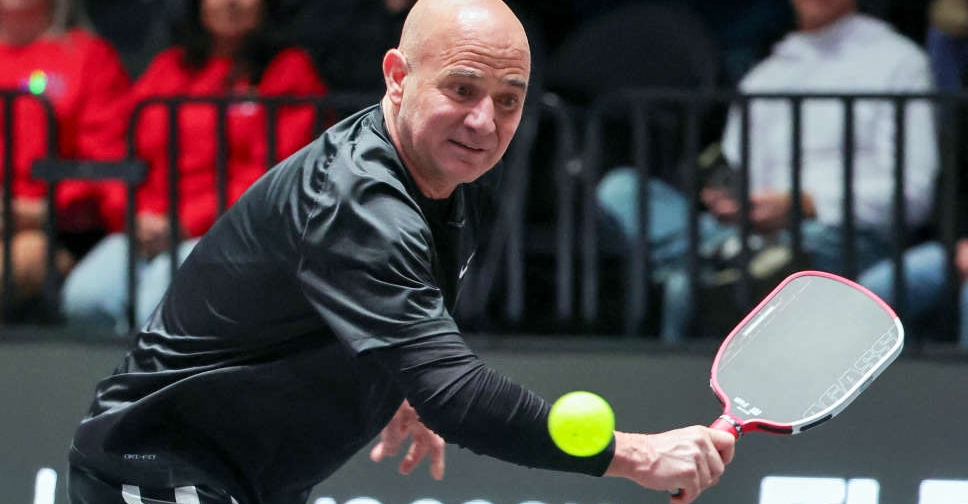
Australia and New Zealand will open the ninth Women's World Cup co-hosted by the two nations on Thursday, despite a shooting near the Norwegian team hotel in New Zealand's largest city of Auckland that left three dead and six injured.
Police said the shooter was among those killed and the danger from the incident was over, while New Zealand Prime Minister Chris Hipkins said there was no risk to national security.
New Zealand's Football Ferns will open the tournament as planned at Eden Park in the city against Norway on Thursday at 7pm local time, in what is likely to surpass the host nation's previous biggest crowd for an international soccer match.
"Everyone woke up pretty quickly when the helicopter hovered outside the hotel window and a large number of emergency vehicles arrived - at first we didn't know what was going on, but eventually there were updates on TV and the local media," Norway captain Maren Mjelde was quoted as saying by newspaper Verdens Gang.
A statement from football's governing body FIFA said it was supporting teams in the vicinity of the incident.
"FIFA has been informed that this was an isolated incident that was not related to football operations and the opening match tonight at Eden Park will proceed as planned," the statement said.
The Matildas will begin their campaign against the Republic of Ireland at 1000 GMT in front of a sellout crowd of around 70,000 fans at Stadium Australia in Sydney – a record attendance for a women’s soccer match in the country.
Women were banned from official facilities in England, the home of the game, until 1970, and female players faced similar discrimination in many other countries.
But the sport has achieved greater prominence in recent years, with large increases in female players and spectators globally.
Tracey Taylor, a professor of sports management at RMIT University in Melbourne, said many members of grassroots football clubs expected the tournament to have a transformative effect for participation in women’s sport in Australia.
"They say it’s such a game changer for them in positioning the sport, not only globally, but also within the local community and raising awareness,” she said.
Still, conditions for female footballers still remain well behind those for men in many countries.
The Matildas released a video this week criticising the “disrespect” for the women’s game that forced teams to play on artificial pitches in the 2015 tournament and prize money that still lags the men’s World Cup.
Several participating nations, including tournament heavyweights England and Spain, have been in dispute with their administrators over working conditions and pay in recent months.



 NBA stars set to light up Abu Dhabi this October
NBA stars set to light up Abu Dhabi this October
 Palace's Mateta denies Arsenal win to leave Liverpool on brink of title
Palace's Mateta denies Arsenal win to leave Liverpool on brink of title
 Tennis great Agassi to make pro pickleball debut
Tennis great Agassi to make pro pickleball debut
 Guardiola calls season 'bad' even with Champions League within reach
Guardiola calls season 'bad' even with Champions League within reach



